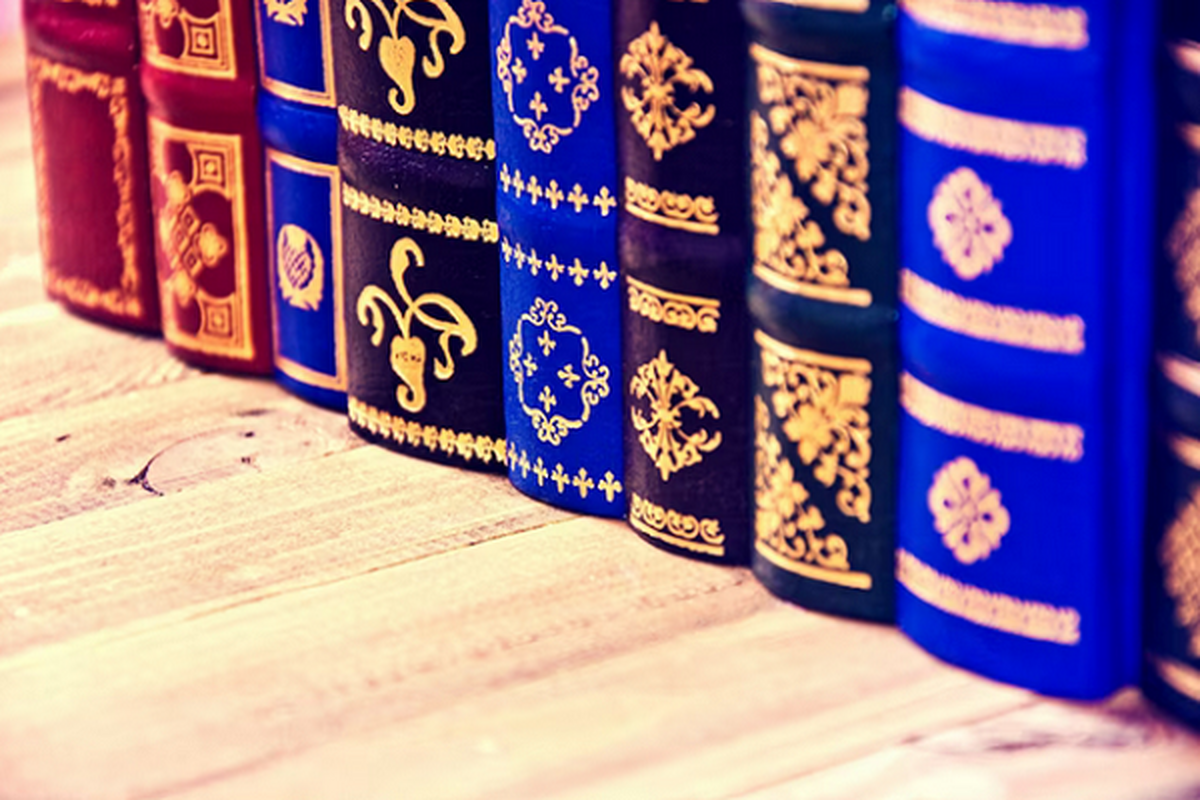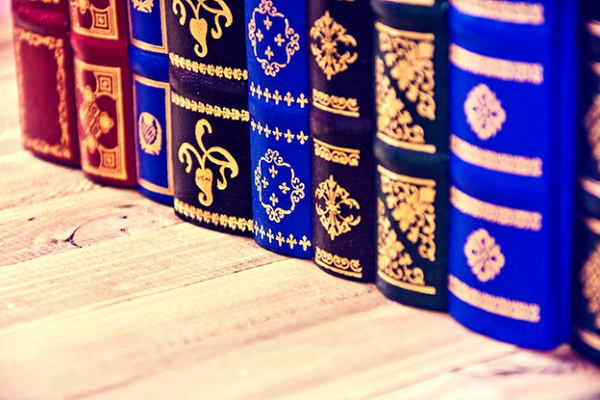Quran Translations in Turkish


Most of these renderings have been done with progressive methods compared to those of the past, especially during the Ottoman era, which were word for word translations.
Over the past 100 years, some 90 translations of Islam’s Holy Book have been published in Turkey, nearly 70 of which were rendered after 1950.
Most of them have used a more progressive method compared to the word-for-word translations of the past, especially those of the Ottoman era.
According to a report about the books and manuscripts of the Ottoman period, there were some 30 word-for-word translations of the Quran done in that period.
The main problem seen in both old and new rendering is that the translators have not used the teachings of Ahl-ul-Bayt (AS) and the Shia sources in their work.
Except for one, none of the translators of the Quran into Turkish have been Shia or have had access to Shia sources and interpretations of the Quran.
The only Shia translator of the Holy Book into Turkish is Shia is Abdulbaki Golpinarli, an outstanding Turkish scholar and literary figure. But even he has used little of the Ahl-ul-Bayt (AS) teachings in his work due to his lack of knowledge of Shia centers and being in the thought atmosphere of other Islamic schools.
Hence there was a need for a new translation of the Quran into Turkish with the use of the teachings of Ahl-ul-Bayt (AS) and Shia Quran interpretations.
That is why Hojat-ol-Islam Morteza Torabi embarked on the task and rendered the Quran into Turkish making use of Shia Quran exegesis, especially Safi, Shubbar and Majma al-Bayan interpretations.
In his translation, if there are different meanings mentioned for a verse, he has chosen the one that is based on the Hadiths from Ahl-ul-Bayt (AS). He has also referred to the words of Ahl-ul-Bayt (AS) and Shia teachings in interpretational explanations.
In addition, he has written a preface under the title of “Quran from Viewpoint of Ahl-ul-Bayt (AS) in which he discusses different subjects like the relation between the Quran and Ahl-ul-Bayt (AS), learning and teaching the Quran, manners of recitation of the Quran, miracles of the Quran, revelation of the Quran and collection of its verses, comprehensiveness of the Quran, and the Quran being protected against any distortion.


